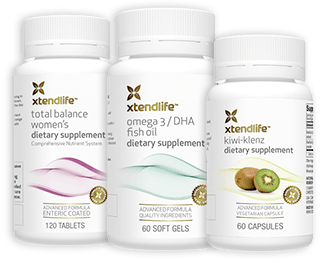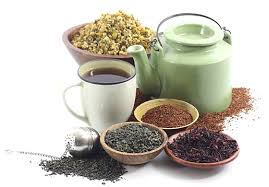Can Herbal Breast Enhancement Pills Really Work?
Herbal breast enhancement supplements are typically used by women who are in search of a more natural alternative to breast enlargement surgery. The question is though, what exactly are in the supplements, do they work and are they safe? This mini-guide will provide you with the ins and outs of herbal breast enhancement supplements.
Natural breast enlargement supplements work by decreasing or stimulating the levels of specific hormones in your body. By mimicking the hormones, the supplements provide “trick” the body into having the additional hormones necessary for breast growth.
Birth control pills contain estrogen, which is similar to the ingredients in herbal breast enhancers. The estrogen causes fluid retention in the breasts, which affects the tissue and may make the breasts appear larger. Some of the ingredients in herbal breast enhancers mimic natural estrogen.
What Types of Herbs are Used in Herbal Breast Enhancement Pills? The actual ingredients vary depending on the manufacturer; however, the majority of breast enhancement supplements/pills contain one or more of the following herbs:
- Blessed thistle, which is frequently used by nursing mothers to increase the flow of milk. Blessed thistle should not be used by pregnant women, people with gastrointestinal reflux disease and/or Crohn's disease.
- Dong Quai, which is a popular Chinese here often used to relieve the symptoms of menopause, such as menstrual cramps and hot flashes. Dong quai may increase your sensitivity to the suns rays and it should not be used by pregnant women. Dong quai also contains a chemical known as coumarins, which slows the clotting of blood, so it should not be taken if you are taking a blood thinning medication.
- Fennel seed was traditionally used to increase the flow of breast milk in women who are nursing, increase menstrual flow and enhance the libido. Studies have shown that fennel may have properties that mimics the production of natural estrogen.
- Fenugreek, which contains a compound known as diosgenin. In a laboratory setting, diosgenin can be converted to progesterone and estrogen, however, this conversion does not naturally occur in the body.
- Hops, which is one of the main ingredients used to brew beer, also contains a slight level of estradiol, which is the equivalent of human estrogen. Hops can interfere with a variety of prescription drugs and it can cause drowsiness. It is important to talk with your doctor before consuming to make sure it will not interfere with any medications you are taking.
- Pueraria mirifica, which is also known as Kwao Krua, is an herb often used by indigenous hill tribe people. Pueraria has been shown to have an estrogen-like effect on the body. Pueraria should not be used by nursing or pregnant women or by those who are using oral contraceptives.
- Saw palmetto, which an herb frequently used to treat urinary problems. Saw palmetto is thought to enhance the levels of testosterone and convert testosterone to DHT. However, there are no studies available that verify either DHT or testosterone will enlarge breast size.
- Wild yam contains various plant derived estrogens, including diosgenin; however, the human body cannot convert diosgenin to estrogen.
In theory, herbal breast enhancers can work, because many of the herbs used to mimic natural estrogen. However, there have been no clinical studies done to verify that any of the herbs used can temporarily or permanently enlarge breasts.
It is recommended that you not take any breast enhancement supplement that contains growth hormones or any other ingredients that may pose a health risk, without first talking with your physician.
Resources...
Search our site...
Featured Women's Supplement
All of the best herbs for women in one unique formula. Check outTotal Balance Women's and discover an amazing supplement specifically for you!
PREMIUM SUPPLEMENTS
The most advanced herbal supplements on the market
BULK HERBS AND TEAS
Need bulk herbs, teas, supplements and capsules?


